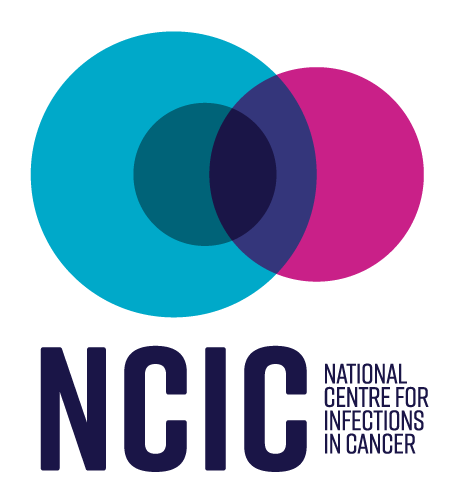Sepsis is a clinical condition, arising when the body’s own immune system damages tissues and organs in the process of trying to fight off infection. Sepsis can cause organ failure, making it a time critical emergency that disproportionately adversely affects cancer patients.
At Peter Mac, the Adult Clinical Sepsis Pathway was developed to improve patient outcomes and has been found to reduce associated hospital costs. As a result, the program was implemented at Royal Melbourne Hospital and recognised by becoming a Safer Care Victoria implementation project to scale to further Victorian hospitals. A toolkit is available on their website.
Resources
Nurse-Led Research
Mrs Belinda Lambros, AMS in ICH Nurse Practitioner
Optimising Sepsis management in the electronic health record environment.
Electronic Health records are progressively be adopted across Australia, and are in use in the majority of cancer centres. However, there are many challenges to EHRs, with over 90% of alerts and prompts ignored, and limited evidence for the use of sepsis algorithms and other predictive tools. We will adapt the successful Think Sepsis Act Fast clinical pathway for the EHR environment (Cerner, EPIC).
NCIC Nurse Practitioner, Belinda Lambros is exploring the impact of the EHR on sepsis decision-making among the clinical teams in the Parkville precinct who have already implemented the NCIC developed Sepsis Pathway. Following an implementation science approach, she is developing a consolidated flow model identifying workflow dynamics of sepsis-decision making across patient care and identify areas for improvement. Data for established process measures for sepsis management (e.g time to antibiotics) and patient outcomes (ICU admission, inpatient mortality, and LOS) will be monitored in a continuous improvement cycle.
The role of nurses in sepsis recognition & management
Alison is investigating the role of nurses and nursing leadership in the early recognition and management of sepsis across high and low-resourced clinical settings. Her thesis also explores how clinical team dynamics, cultural and linguistic diversity amongst staff, and psychological safety in organisational culture and teams impacts on how nurses communicate concern and escalate care in response to patient deterioration.
Ms Alison Lemoh, NCIC Nurse PhD Candidate



